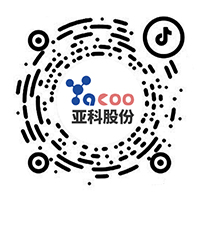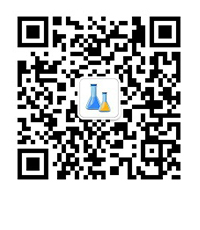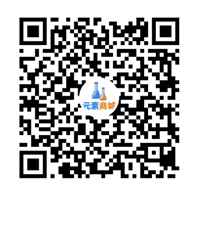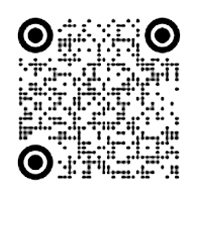Search Product
Structure Search
Search
Advantage Products
Location: Industrial Info
Improvement of Lithium-ion Batteries Performance at Low Temperature by New Additives
2018-10-19
来源:转载自第三方
19 October 2018
Recently, researchers at the Hong Kong University of Science and Technology designed and synthesized a new electrolyte additive based on ionic liquids, which made lithium-ion batteries exhibit excellent low-temperature performance. The study was published in the internationally renowned journal ACS Applied Energy Materials under the article "Improvement of Lithium-Ion Battery Performance at Low Temperature by Adopting Ionic Liquid-Decorated PMMA Nanoparticles as Electrolyte Component" [1].

Lithium-ion batteries have the advantages of high energy density, low self-discharge, high output voltage, long cycle life and no memory effect, occupying the majority of the market share of consumer electronics products represented by mobile phones and notebook computers. With the rapid development of lithium-ion batteries in the field of electric vehicles and military industry, the low-temperature performance can not adapt to the special low-temperature weather or extreme environmental defects. Under low temperature conditions, the effective discharge capacity and effective discharge energy of lithium-ion batteries will be significantly reduced, and at the same time it is almost impossible to charge in the environment below −10°C, which seriously restricts the application of lithium-ion batteries. Therefore, how to improve the low temperature performance of lithium ion batteries has become a bottleneck for researchers to break through.
Due to the presence of high melting point solvent in the electrolyte mixed solvent, the viscosity of the lithium ion battery electrolyte increases in low temperature environment, and when the temperature is too low, the electrolyte solidification phenomenon occurs, resulting in a decrease in the transport rate of lithium ions in the electrolyte. The use of electrolyte additives is the most economical and effective way to improve the performance of lithium-ion batteries. Due to its excellent physical and electrochemical properties, ionic liquids can operate over a wide temperature range (−81 to 280°C) and offer significant advantages in improving the low temperature performance of batteries.
In this study, the researchers designed a new electrolyte additive and electrolyte system. They grafted the ionic liquid molecular chain onto the polymethyl methacrylate (PMMA) nanospheres by reaction to form a brush-like bulk structure, which was then dispersed in ethyl acetate (MA) and propylene carbonate (A new electrolyte system is formed in the mixed solvent of PC). By comparison, it is found that as the temperature decreases, the electrolyte containing the additive exhibits superior cycle performance than the electrolyte without the additive, and the capacity of the electrolyte containing the additive after the cycle at 0°C, −20°C and −40°C (107, 84 and 48 mA/g) were significantly higher than the capacity of the electrolyte without additives (94, 40 and 5 mA/g), and the coulombic efficiency after 90 cycles of the electrolyte containing the additive remained at 99.5%.
Through mechanism analysis, it is found that the improvement of the low-temperature performance of lithium-ion battery is due to the improvement of electrolyte conductivity and the formation of stable and highly conductive SEI film: the addition of additives greatly increases the number of free-moving lithium ions in the electrolyte system, thereby increasing the conductivity of the electrolyte at room temperature and low temperature; the increase of freely moving lithium ions will slow down the polarization effect during charge and discharge, thus forming a stable SEI film, while the presence of ionic liquid makes the SEI film more conductive and promotes the passage of lithium ions, as well as fast charge transfer.
The low temperature performance limits the application of lithium ion batteries in the field of electric vehicles, military industry and extreme environments. The development of this new additive provides an effective way to improve the low temperature performance of lithium ion batteries.
References
[1] Yang Li, Ka Wai Wong, Qianqian Dou, et al. Improvement of Lithium-Ion Battery Performance at Low Temperature by Adopting Ionic Liquid-Decorated PMMA Nanoparticles as Electrolyte Component. ACS Appl. Energy Mater., 2018, DOI:10.1021 /acsaem.8b00355.
Related links: Methyl methacrylate (MMA)
Edited by Suzhou Yacoo Science Co., Ltd.
如果涉及转载授权,请联系我们。












